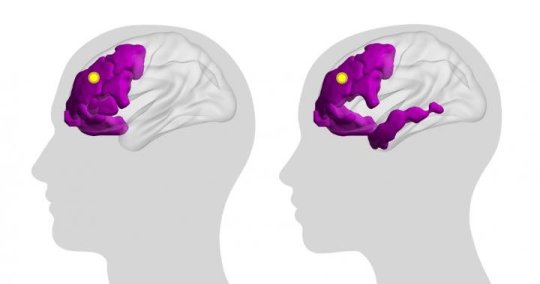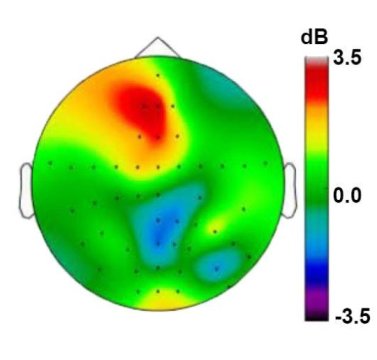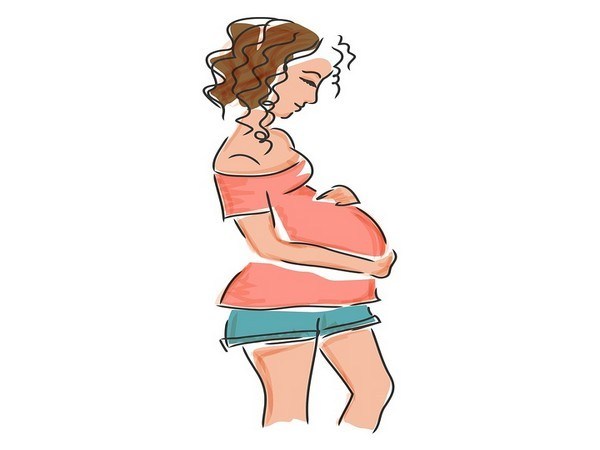Teenagers with attention deficit hyperactivity disorder (ADHD) may benefit from more sleep to help them focus, plan and control their emotions. The findings — the first of their kind in young people with ADHD — will be presented today at the American Physiological Society’s (APS) annual meeting at Experimental Biology 2019 in Orlando, Fla. ADHD is one of the most common neurobehavioral disorders among children and adolescents. People with ADHD often have trouble with executive function, which are skills that contribute to being able to focus, pay attention and manage…
Read MoreCategory: Brain
Study illuminates the brain’s inner workings
Like instruments in an orchestra, different parts of the human brain work together to help us perform the functions of daily life, ranging from breathing and sleeping to reading, walking and learning. But which areas of the brain work in harmony to accomplish certain types of tasks? And how does this coordination vary from person to person? A new study that will be published on April 3 in Science Advancesexplores these questions. The research focuses on brain activity associated with nine cognitive systems within the brain, each consisting of a network…
Read MoreDeep stimulation improves cognitive control by augmenting brain rhythms
In a new study that could improve the therapeutic efficacy of deep-brain stimulation (DBS) for psychiatric disorders such as depression, a team of scientists shows that, when DBS is applied to a specific brain region, it improves patients’ cognitive control over their behavior by increasing the power of a specific low-frequency brain rhythm in their prefrontal cortex. The findings, published April 4 in Nature Communications, suggest that the increase in “theta” rhythms, readily detectable in EEG recordings, could provide neurosurgeons and psychiatrists with the reliable, objective and rapid feedback they’ve needed…
Read MoreCan a video game-based ‘digital medicine’ help children with autism and co-occurring ADHD?
Researchers at Children’s Hospital of Philadelphia (CHOP) evaluated a digital medicine tool designed as an investigational treatment for children with autism spectrum disorder (ASD) and co-occurring attention/deficit-hyperactivity disorder (ADHD). The results of the study, published in the Journal of Autism and Developmental Disorders, confirmed the acceptability, feasibility, and safety of Project: EVO, which delivers sensory and motor stimuli through an action video game experience, designed by Akili Interactive, a prescription digital medicine company. As many as 50 percent of children with ASD have some ADHD symptoms, with roughly 30 percent receiving…
Read MoreMaternal diet during pregnancy may modulate the risk of ADHD symptoms in children
The results of a study led by a team from the Barcelona Institute for Global Health (ISGlobal), a centre supported by “la Caixa,” suggest that the risk of a child developing symptoms of attention deficit hyperactivity disorder (ADHD) may be modulated by the mother’s diet during pregnancy. The study, published in the Journal of Pediatrics, analysed samples of umbilical cord plasma to quantify the levels of omega-6 and omega-3 that reach the fetus. The statistical analysis showed a higher omega-6:omega-3 ratio to be associated with a higher risk of ADHD symptoms…
Read More




